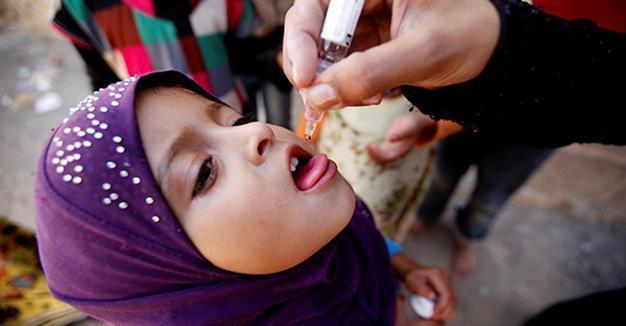Vaccines ‘extremely safe,’ Turkish Ministry says
ANKARA

Vaccines used in Turkey are “extremely safe,” as they undergo very “tight checks” during the stages of production and distribution, said the Health Ministry in a statement it issued on Dec. 26, Anadolu Agency has reported.
The ministry’s statement followed rumors that vaccines were risky for human health, which even led some parents to avoid having their children vaccinated. A recent statement given by Prof. Dr. Mehmet Ceyhan, the head of the Hacettepe University Hospital Pediatric Infectious Diseases Unit, said the number of families who refuse to have their children vaccinated due to the unfounded rumor that aluminum in vaccines can lead to Alzheimer’s has risen to over 10,000 per year in Turkey.
“Due to the success of vaccines, statements made irresponsibly without any scientific background cause our citizens to hesitate towards vaccinations. According to the scientific works conducted, vaccines are extremely safe biological products. Vaccines undergo very tight inspections during the stages of production and distribution,” the ministry said in its statement.
“The vaccines used in our country have been tested in international reference laboratories. They are produced in line with ‘Good Production Procedures’ suggested and approved by the World Health Organization,” it said.
The ministry also gave figures on the number of children whose deaths have been prevented with vaccination. Vaccination has saved almost six million children per year worldwide the ministry said, adding that an additional 750,000 children had been protected from disabilities.
The number of measles cases in Turkey have decreased from over 30,000 in 2001 to nine as of 2016, thanks to an effective vaccination system in the country, the statement said. It added that there had not been any reported cases of diphtheria since 2004, except for one incident in 2011, which resulted in death.
“Thanks to our high effective and inclusive works, the occurrence rates of hepatitis A and B, whooping-cough, pneumococcus and Hib meningitis, sepsis, bacteremia, chicken pox, mumps and rubella—illnesses that can be prevented through vaccination—have considerably decreased,” the ministry said.
















